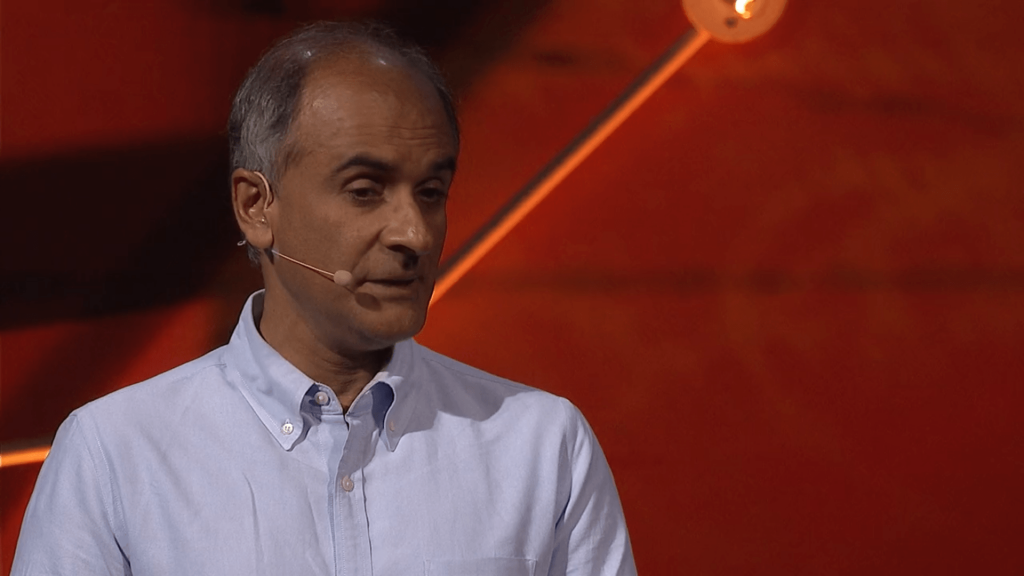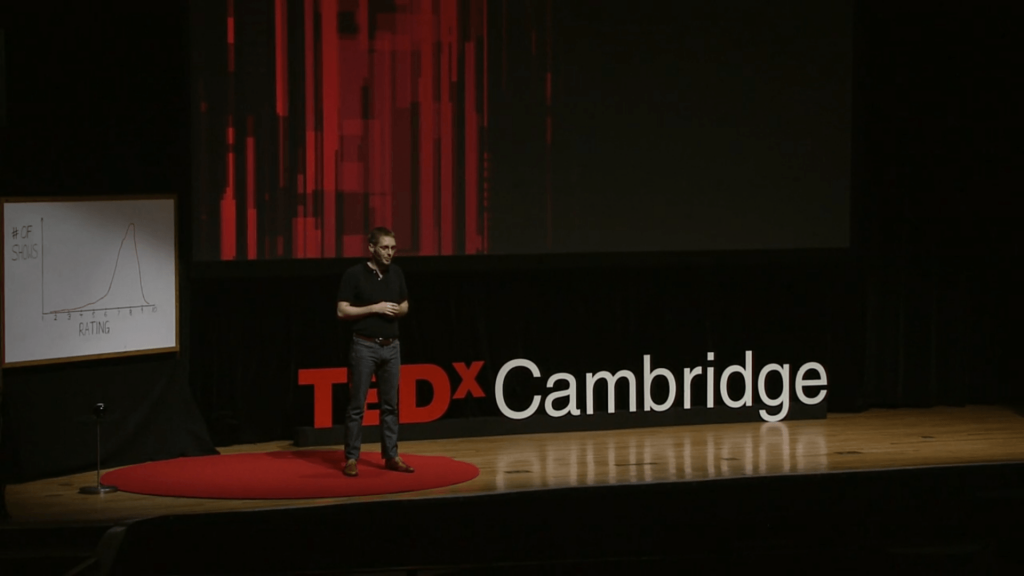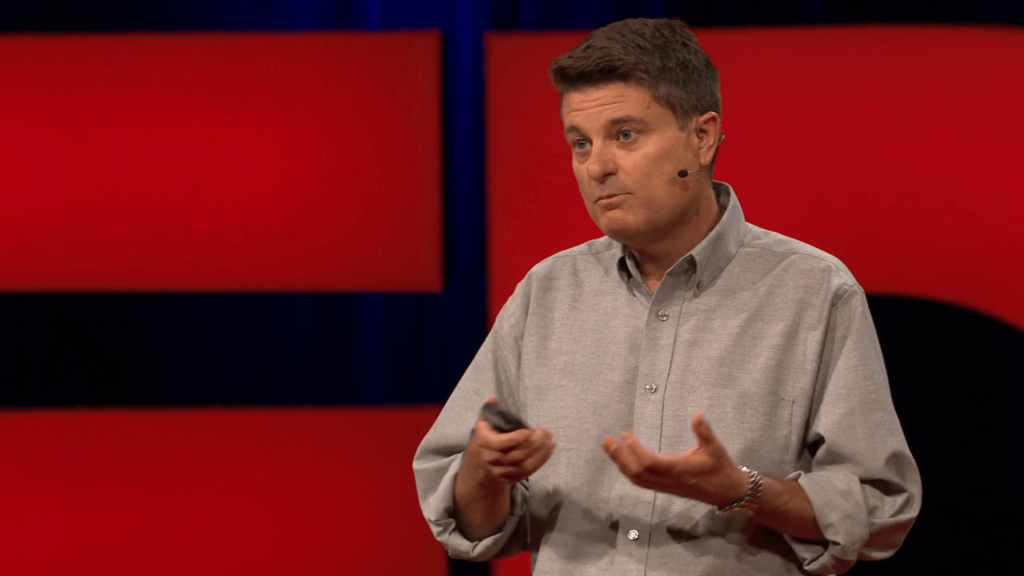TED Talk Discussion: New Insights on Poverty
Researcher Hans Rosling uses his cool data tools to show how countries are pulling themselves out of poverty. He demos Dollar Street, comparing households of varying income levels worldwide. Then he does something really amazing.
Useful Vocabulary
Mindset
Per capita
the world is a messy place
Proportionally
Motor
Mill
Micro-credit
Developing country
Comprehension Questions
- What old mindset does he say is wrong?
- What do the bubbles represent?
- He is very confident that countries will be, as they are represented on his chart, in the year 2050?
- How does he describe life in 1820 in Europe?
- Which two counties can be considered contemporaries in 2007 and 1915?
- What did the Minister for Environment in India say about carbon dioxide?
- When you’re in poverty everything is about ________________?
- The women told us one thing. “Get us _________________. We hate this ___________________, to stand hours and hours. Get us a _______________so that we can mill our flour, then we will be able to _________________for the rest ourselves.”
- And culture. ____________ is the most important thing, I would
say, because that’s what brings _______________to life. That’s the value of _______________.
Comprehension Answers
- The concept of developing and
industrialised countries. - Countries.
- Using historical statistics from the earliest time he can be confident that all countries will develop along the same path.
- Long income, around $1000 per person and one in five children died.
- The United States (1915) and India (2007)
- He
said “you [the developed countries] were the ones who caused the problem [climate change]”. - Survival.
- Technology,
mortor , mill, pay - Culture, joy, living
Group Discussion
- What are the best ways for a country to develop? Would it be stable governments? More money? More trade? How does a country become developed?
- How can developing countries be better helped to become fully developed?
- Do you feel that the internet and global trade is making differences between countries smaller?






